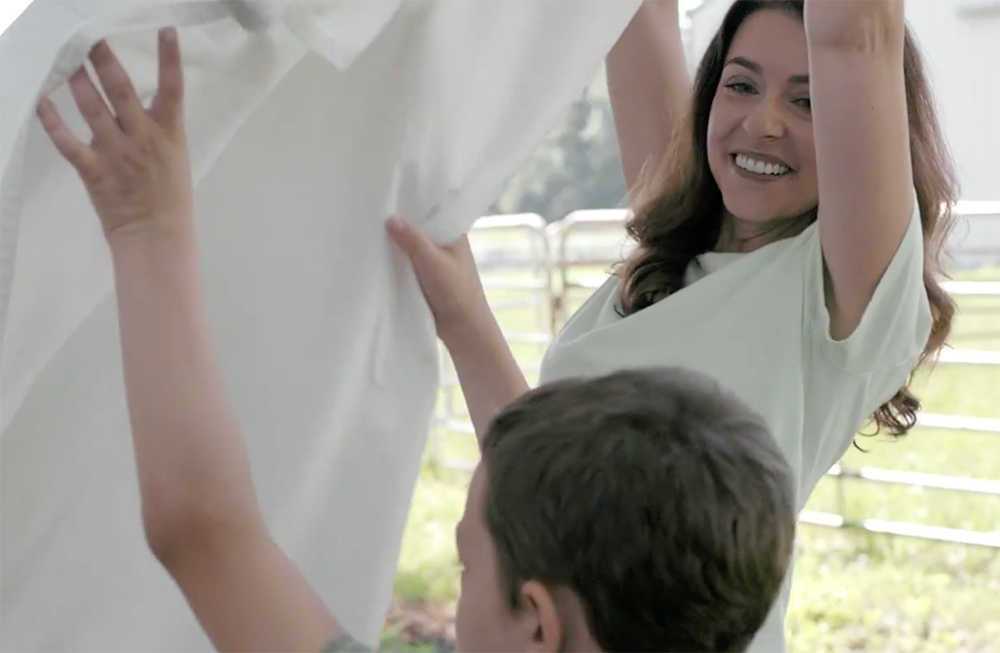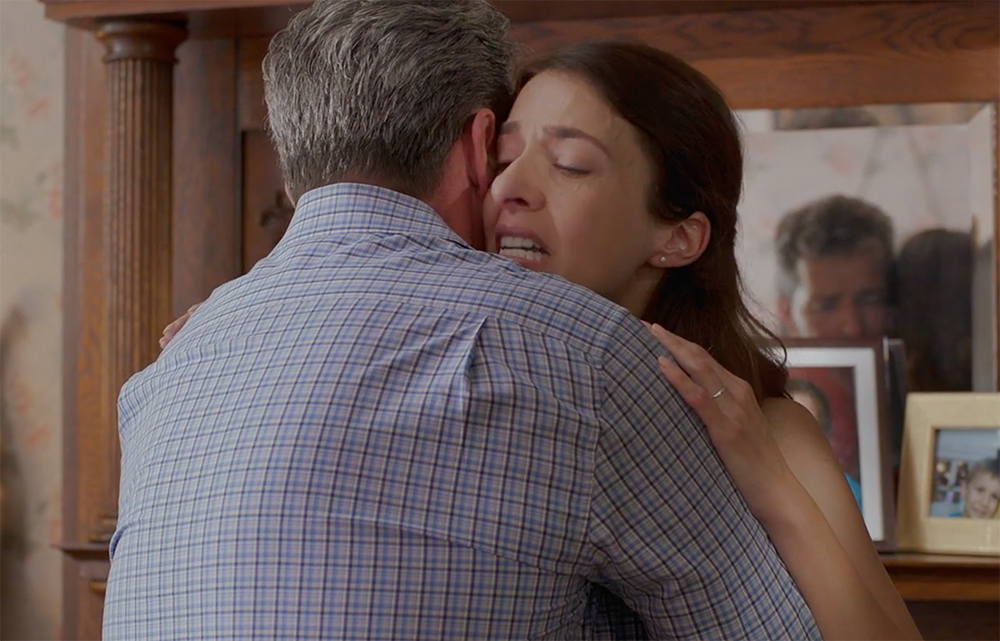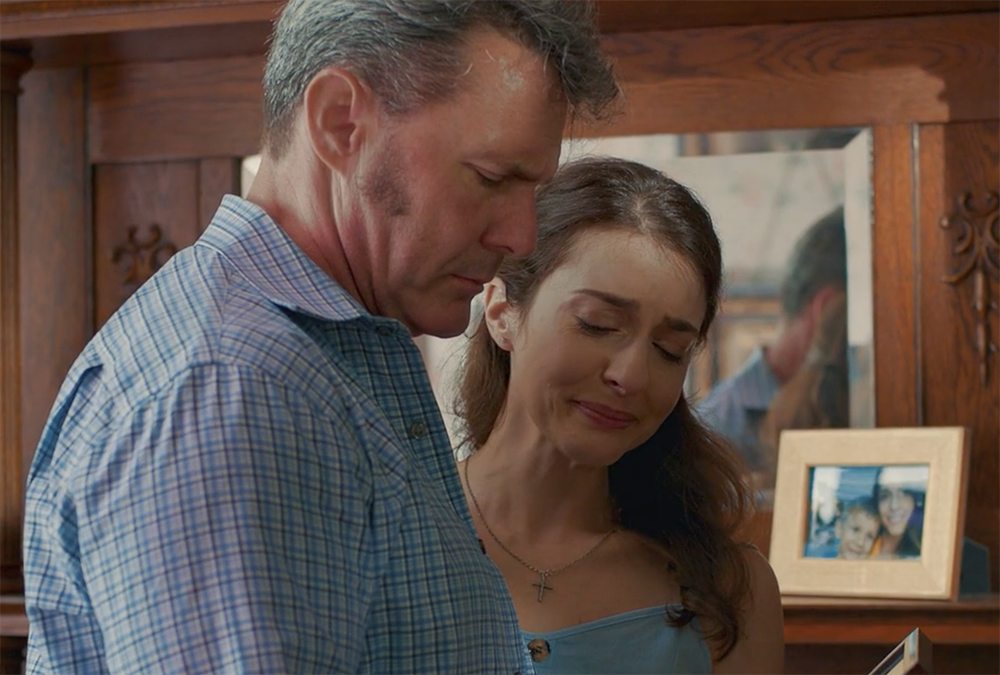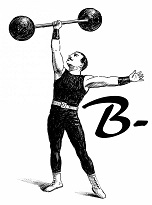“A World of Hurt” is a short, dramatic film written and directed by Rob Levinson. It’s a strong film with a powerful first and second act that details the pain and turmoil that accompanies a couple, the Estridges, (Jeff Armstrong, Michelle Snyder) after losing their son to a tragic murder. It’s a credit to the film and its director that the aftermath of this tragedy is full of anxiety, depression, and relationship troubles, and not gory details or rehasings of what happened. The camera focuses steady on this couple as they get their feelings out and let us feel what they feel. The film suffers only one fault, that its third act swings toward the expected and dramatic. With its first 2/3rds centered on powerful exposition and emotion, its violent ending feels tacked on and extra weight.
How to Deal with the Aftermath of Tragedy
What is strong about “A World of Hurt” is that it plops viewers down in the aftermath of the Estridges’ tragedy, forcing us to navigate our way through it with them. It would have been surely easier to show a violent, opening montage detailing the death of their son that would have done all the hard work for us. However, Director/Writer Levinson opens the film with a simple conversation — devoid of stage-setting — and lets us feel it. The couple has a disagreement about a letter Mrs. Estridge is reading; but we realize the ensuing argument is not about the letter, but pain buried deep inside both parties.
What works about Levinson’s film is it is filmed very well, and both Armstrong and Snyder are terrific actors. Mrs. Estridge is a very Christian woman; she wears a cross around her neck and talks about moving forward and getting their relationship back on track. Mr. Estridge has been spending a lot of nights in the living room chair instead of their bed with her, and she feels that (a) the death of their son was her fault, and (b) that things will never be the same. She entreats soulfully, fully.
Armstrong does an equally impressive job, swinging from casual talk to denial to rage within the film’s sub 25-minute run-time. Scenes where he tries to explain his changed behavior — while fully meaning that he still loves his wife and doesn’t blame her — are acted to perfection. And when Mr. Estridge must show his anger, and fly off the handle, it’s done with taste and tact; we fully believe Armstrong’s performance, and he never comes off as an actor in an indie film trying to act.

Capturing a Couple’s Emotions Through Intimate Camerawork
The stage for this encounter — encapsulated solely in the couple’s living room — is shot well by Cinematographer Eric Andresen, who also provides the editing for the film. Andresen focuses on the couple’s faces, experimenting with some mirror shots as well, and makes us feel the proceedings. He accomplishes this by simply focusing the camera on these two and letting us feel their emotion. However, one shot, as Mr. Estridge breaks down, falling to his knees and leaning his face against his wife’s stomach — as an expectant father will do to a pregnant wife — is brilliant. It makes you feel all the emotions that can’t be said with words.
The above descriptions line a majority of the film’s run, and it is honestly a joy to watch. As previously stated, the film’s finale and closing minutes, which we will not spoil, swing more toward the violent and the dramatic, and, to me, takes you out of the picture somewhat.
To me, the film’s true climax is the end of the couple’s argument, and Mr. Estridge’s promise to his wife to return to Church on Sundays; but then the end of the film comes along, and feels somewhat tacked on. It’s not that it suffers from any acting missteps or productions issues; it’s simply that such care was put into the first and second act, that I feel the conclusion sidesteps what progress — read: hard progress — that the couple has made, and goes for an easy, dramatic ending.

Examining Subtlety — Does the Film’s Ending Work?
One the one hand, I can see what Levinson is doing: some hurts are so deep, that no amount of praying, soul searching, or love can undo them. Had I lost a child, I’d feel just like Mr. Estridge — burned, broken, and wanting revenge. But, on the other hand, I feel some things shouldn’t have neat closure. I feel “A World of Hurt” — an appropriate title if ever there was one — would have fared better with a quiet, solemn ending rather than the forceful and somewhat obvious one it does get. It almost feels like Levinson and the music department understand this, as the credits roll amidst a solemn, acoustic offering that feels repentant and soulful.
At any rate, while the ending disappointed me a bit, it doesn’t undo the strength of the picture. Levinson’s short is powerful and unique, and filmed in a way I haven’t seen in an independent film reviewed on this website filmed to date. The cinematography is fitting and professional, its acting is powerful, and the story is one that we can relate to. If you have the chance, you should give “A World of Hurt” a chance. It’s a film that makes you think as the credits roll, and one that makes you feel its emotions fully.
“A World of Hurt” is currently available to stream on Reveel Entertainment Network for free. Viewers will only need an email account to stream the film.
Support the Site: Consider becoming a sponsor to unlock exclusive, member-only content and help support The Movie Buff!


